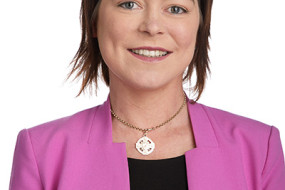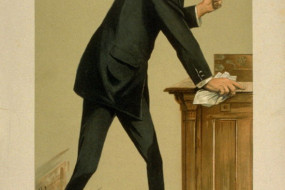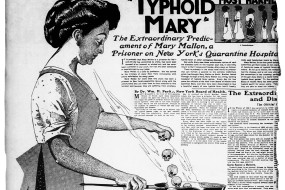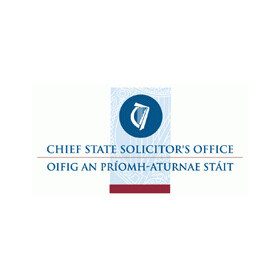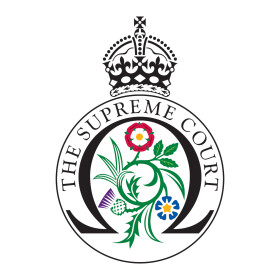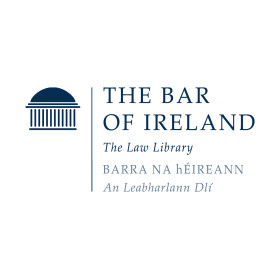The general election of December 1918 was the first time that women were able to exercise their right to vote in Britain and Ireland. Although the Representation of the People Act 1918 did not provide for equal voting rights – it was only female property owners over the age of 30 who were all
Blogs
Lyndy Cantillon comments on a recent health debacle which saw patients' X-rays misread. Over twelve months ago the Health Service Executive announced that they were carrying out a review into some 46,000 CT scans, ultrasounds and chest X-Rays reported by an individual consultant radiologist at
Employment law solicitor Richard Grogan of Richard Grogan & Associates writes for Irish Legal News following a landmark ruling from the Court of Justice of the European Union (CJEU). This may sound like a strange heading. However, the CJEU's decision in case C-378/17, Minister for Justice and Eq
Professor Steven Peers of University of Essex School of Law explains and comments on today's opinion from Advocate General Sánchez-Bordona on the revocability of Article 50. Was sending the Article 50 notification of withdrawal from the EU like jumping off a cliff – impossible to c
Navigating the streets of Dublin in a wooden bowl fortified with iron, "Billy in the bowl", as he was so nicknamed, was born without legs and said to have been blessed with a handsome face. Using this to his advantage, Billy was "one of those curious beggars who frequented fairs and public places, w
Employment law solicitor Richard Grogan of Richard Grogan & Associates writes on a recent judgment from the Court of Justice of the European Union (CJEU) with significant ramifications for Irish employment law. The case of Max-Planck-Gesellschaft zur Förderung der Wissenschaften eV v Tetsuj
Lyn McCarthy, associate solicitor in the healthcare team at Hayes Solicitors, sets out in full the Government's proposed reforms to Irish coronial law. The Coroners (Amendment) Bill 2018, currently progressing through the third stage of Dáil Éireann, seeks to strengthen the effectivene
Dr Louise Crowley, senior lecturer at University College Cork School of Law, writes on the case for reform of Ireland's divorce laws. Divorce was introduced in Ireland in 1996 following the tightly contested referendum which was passed by a small margin, with just 9,114 votes separating the voting e
Gerry Liston, solicitor and legal officer for Sadaka (The Ireland Palestine Alliance) and the Global Legal Action Network, writes on the legality of the Occupied Territories Bill ahead of its return to the Seanad tomorrow. On July 12th, the Irish flag flew outside the City Hall in Ramallah, Palestin
Sir Edward Carson’s controversial role in Irish history and status as a unionist icon has obscured his reputation as one of Ireland’s great legal figures. Born in Dublin in 1854 and graduating from Trinity College with both a BA and an MA, he was called to the Irish Bar at King’s I
Employment law solicitor Richard Grogan of Richard Grogan & Associates writes on a recent redundancy case involving an employee transfer. Case ADJ-12161 dealt with an interesting issue. The facts are relevant.
Law lecturer Dr Susan Leahy, co-author of Sexual Offending in Ireland: Laws, Procedures and Punishment, writes for Irish Legal News on the conduct of rape and sexual assault trials in Ireland. In light of the publicity surrounding a recent Cork rape trial where details of a complainant’s under
Last week marked 80 years since the death of Mary Mallon, who, after over 26 years of imprisonment, died in an isolation hospital on North Brother Island in New York. Mary’s incarceration was not the consequence of being convicted of any crime, but was instead the reaction to her being identi
Patrick Walshe, partner in the employment and pensions group at Dublin firm Philip Lee, writes on the challenges posed to employers by social media. Like it or loathe it, social media is a key feature of modern life. With every day that passes, we live more of our lives on the internet.
Elaine Motion, executive chairman at Scottish law firm Balfour+Manson, writes on the significance of language in the Article 50 case currently before the Scottish courts. Language is critical in politics and the law, not least in the unfolding political and legal machinations of the Brexit process.











